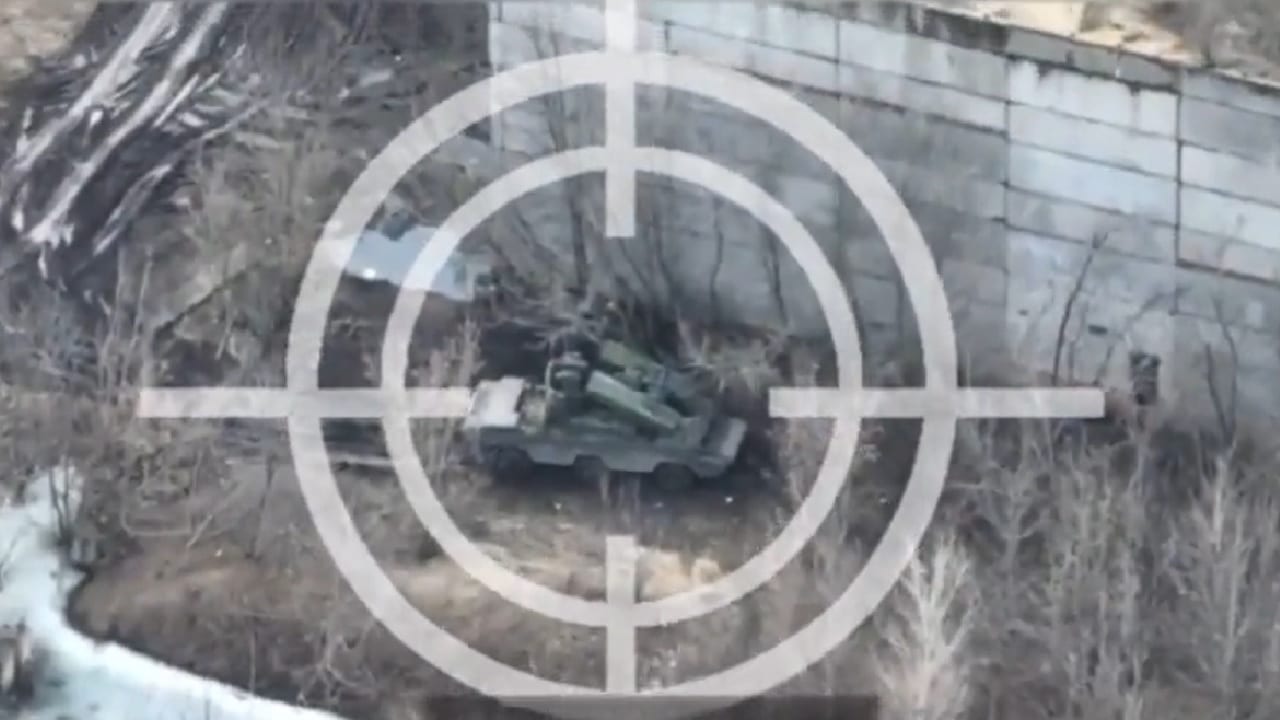Russian forces might soon be running out of men at a crucial moment in the war.
The contracts of several thousand Wagner Group mercenaries are running out. At the same time, the private military company continues to play a key role in the Russian campaign, especially in the fight for Bakhmut in the Donbas.
Wagner Group Mercenaries
Starting in the fall, the Kremlin gave the infamous private military company Wagner Group the green light to go and recruit mercenaries from Russia’s vast penal colonies.
Yevgeny Prigozhin, the leader and main funder of the mercenary group, grasped at the opportunity and went on a country-wide tour of the country’s prisons. The results were impressive.
According to Western Intelligence assessments, Wagner Group managed to recruit more than 40,000 convicts into its forces, in addition to the approximately 10,000 contractors it employs.
But according to the same estimates, about 20,000 convicts serving in Wagner Group have been killed or wounded in Ukraine.
Making matters worse for the private military company is the fact that it has lost its recruiting privileges and can’t recruit from prisons anymore—most likely the result of its feud with the Russian Ministry of Defense.
In an attempt to make up for the casualties and the loss of recruitment privileges, Wagner Group has started soft recruiting from Russian high schools and sports centers where young Russians tend to gather. But even this measure will not likely be enough to make up for the prisoner recruitment scheme.
The ban on prisoner recruitment will certainly worsen Wagner Group’s personnel shortages.
Indeed, it is highly likely that in the absence of additional recruitment, the private military group will cease to have the same key role in the Russian campaign after the battle of Bakhmut.
And this might be the goal of the Russian Ministry of Defense, with which Wagner Group and its leadership have been embroiled in a public war of influence for months now.
The manpower shortages caused by the casualties the mercenary group has suffered are likely to magnify soon as the contract terms of many convicts are running out.
From Prison to Freedom
From now till late April, thousands of ex-convicts that are serving as Wagner Group mercenaries are set to receive their freedom as part of their contract agreement.
These convicts were offered their freedom in exchange for six months of service on the frontlines in Ukraine.
According to the British Military Intelligence, Wagner Group and the Kremlin seem to be ready to meet their promises, and convicts are likely to receive their certificates of freedom that “have been endorsed by the decree” of Russian President Vladimir Putin.
“In addition, the sudden influx of often violent offenders with recent and often traumatic combat experience will likely present a significant challenge for Russia’s war-time society,” the British Military Intelligence assessed in its latest intelligence update.
The Russian campaign in Ukraine continues to falter after more than a year of operations. The apparent weakening of Wagner Group, a key player in the Russian campaign, will only make matters worse for Moscow.
Expert Biography:
A 19FortyFive Defense and National Security Columnist, Stavros Atlamazoglou is a seasoned defense journalist specializing in special operations, a Hellenic Army veteran (national service with the 575th Marine Battalion and Army HQ), and a Johns Hopkins University graduate. His work has been featured in Business Insider, Sandboxx, and SOFREP.

